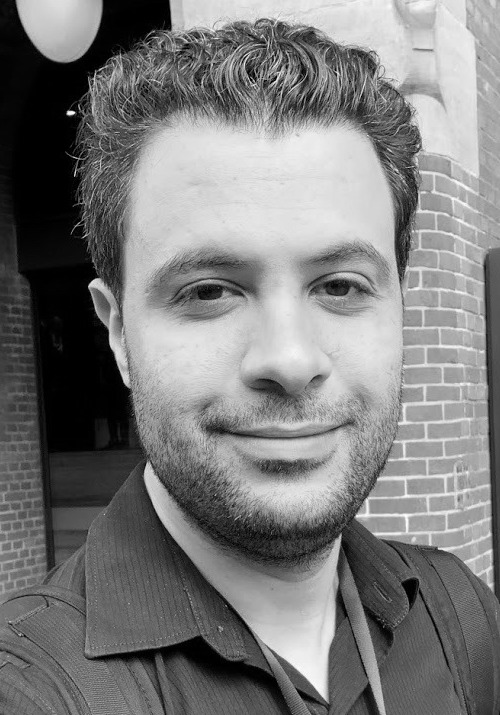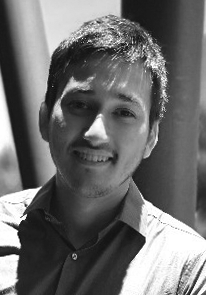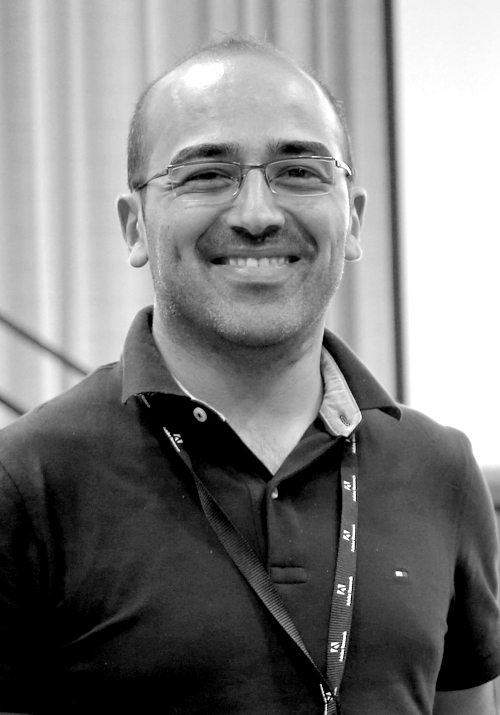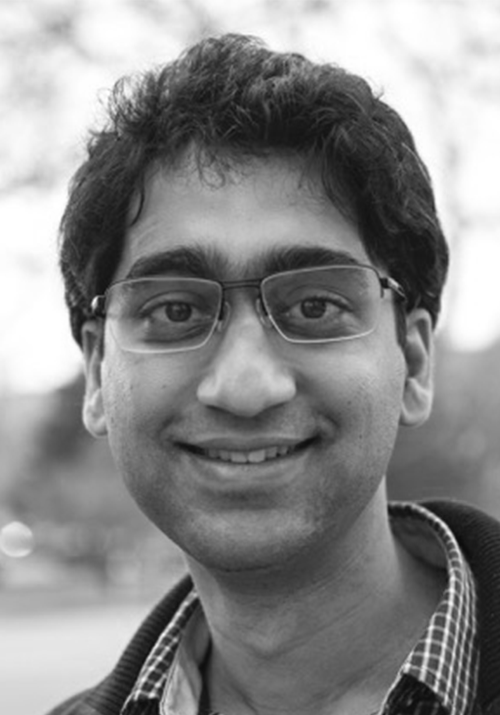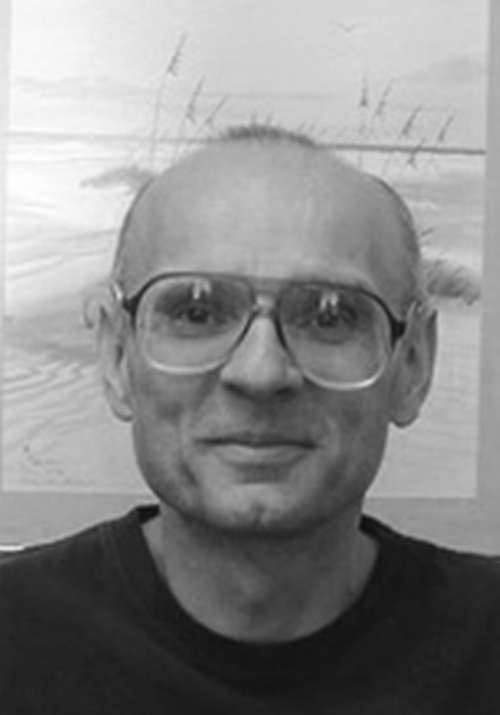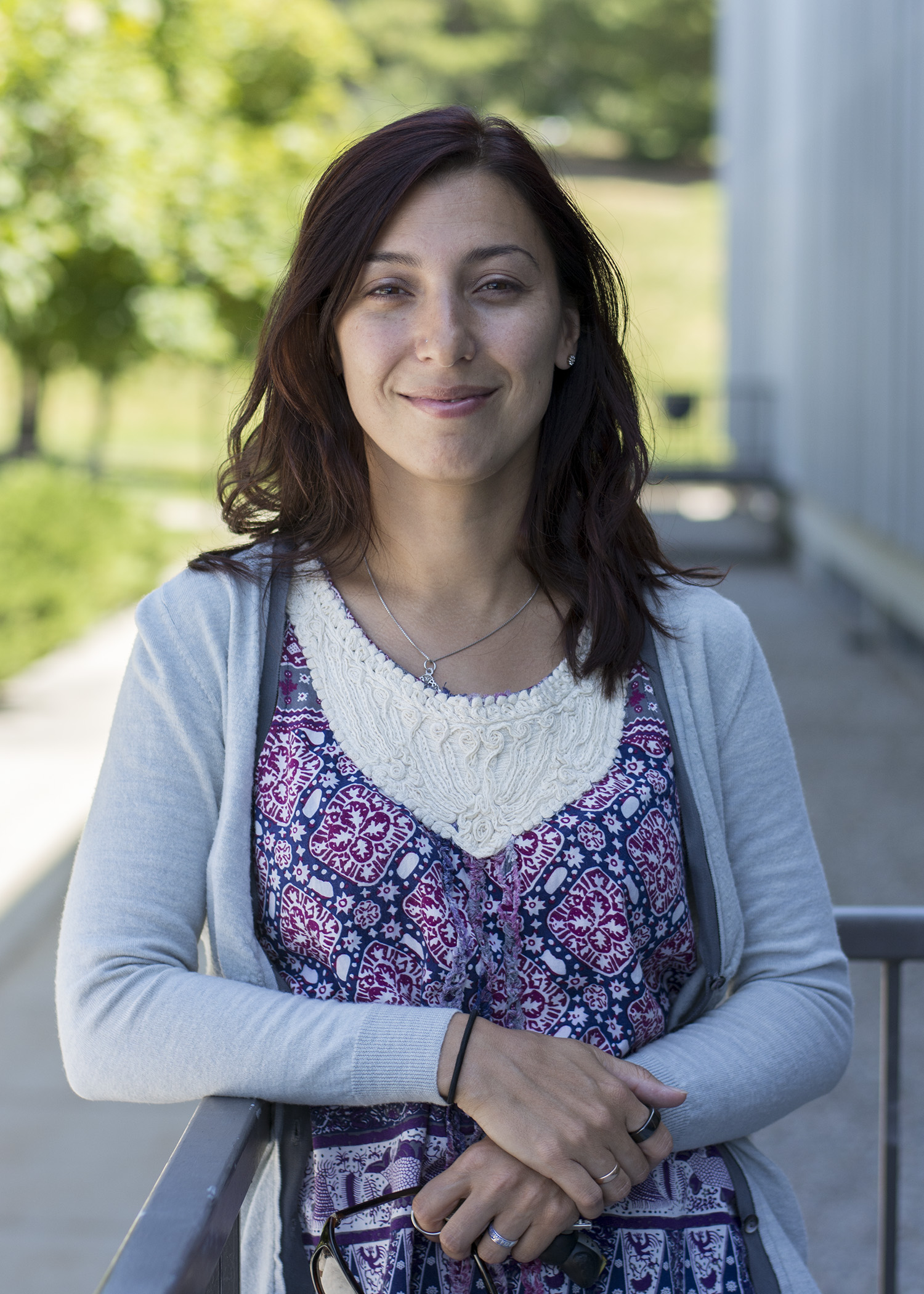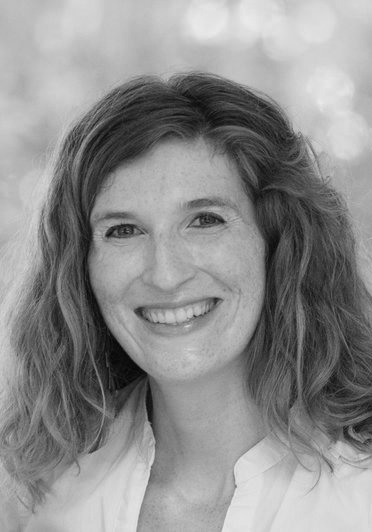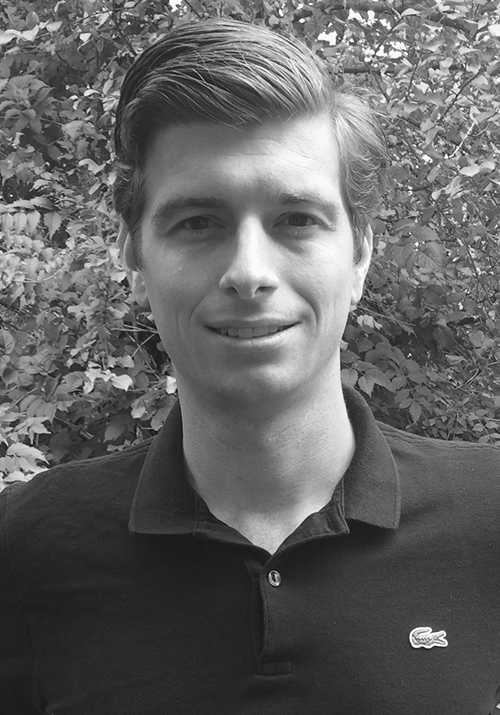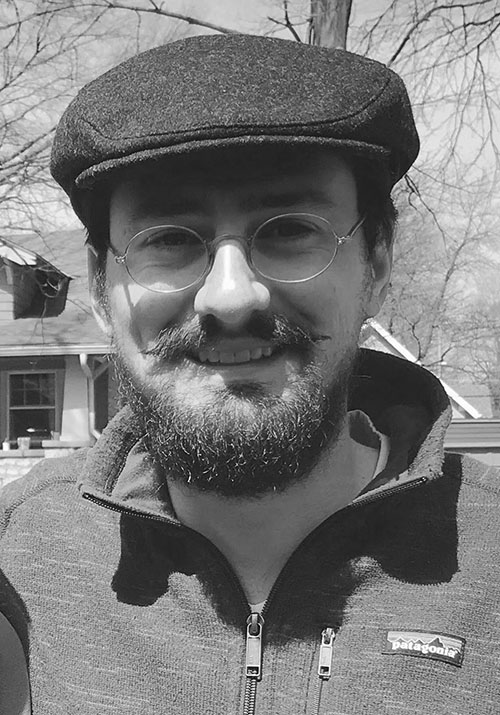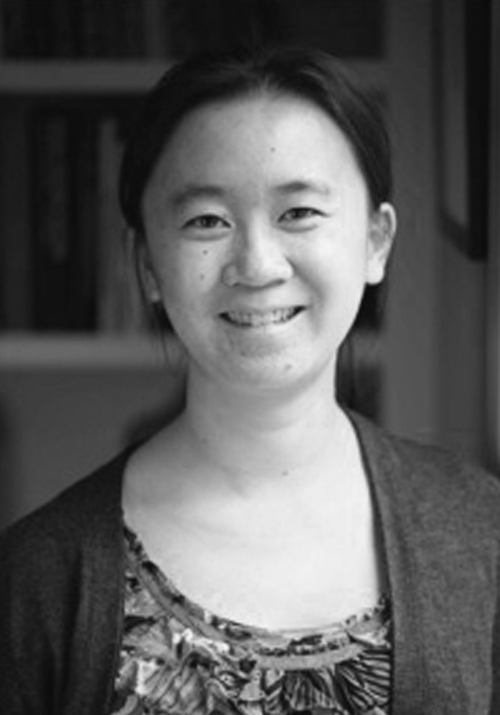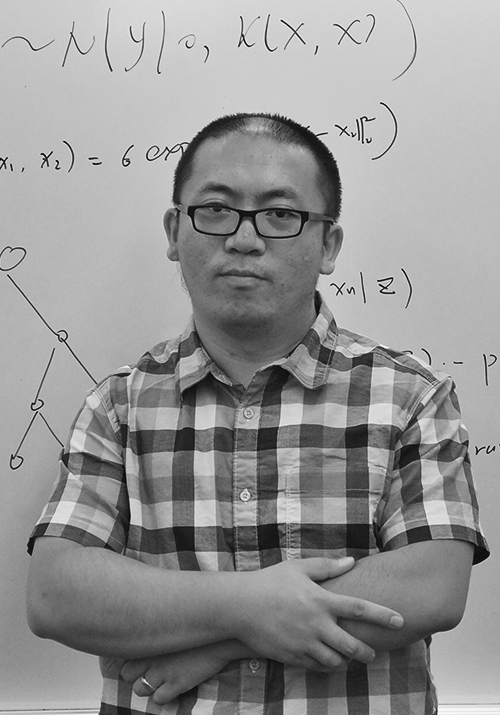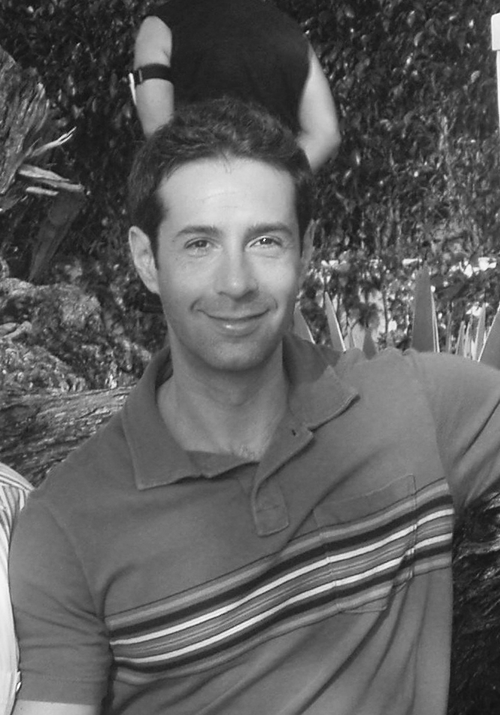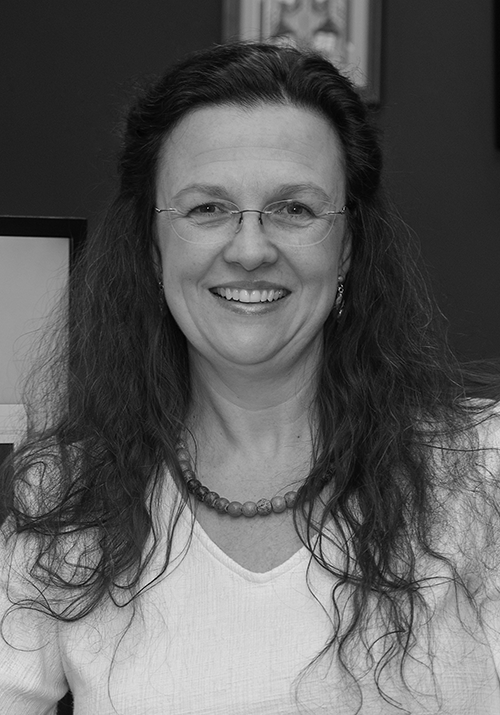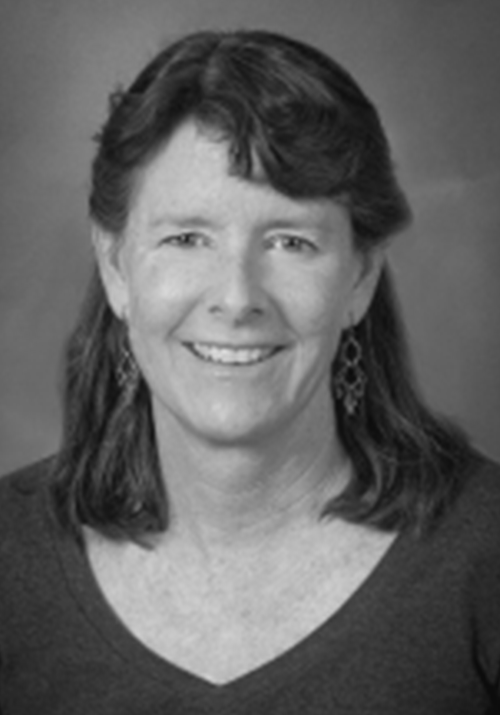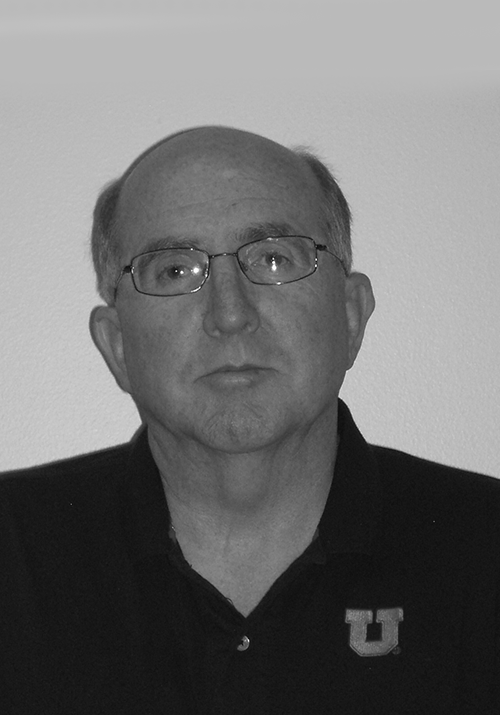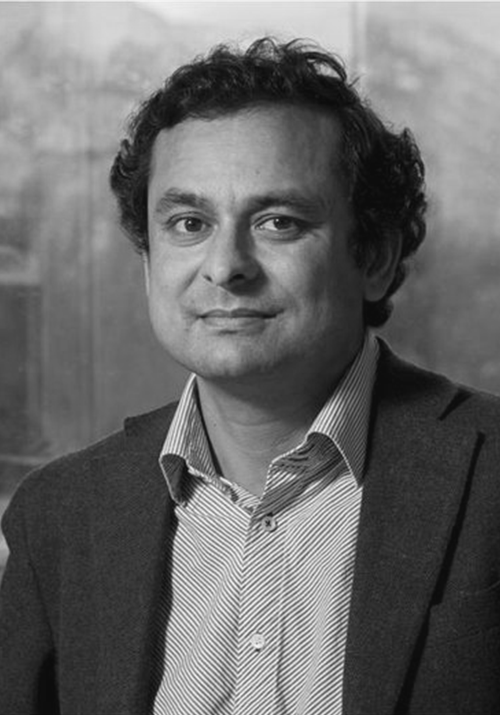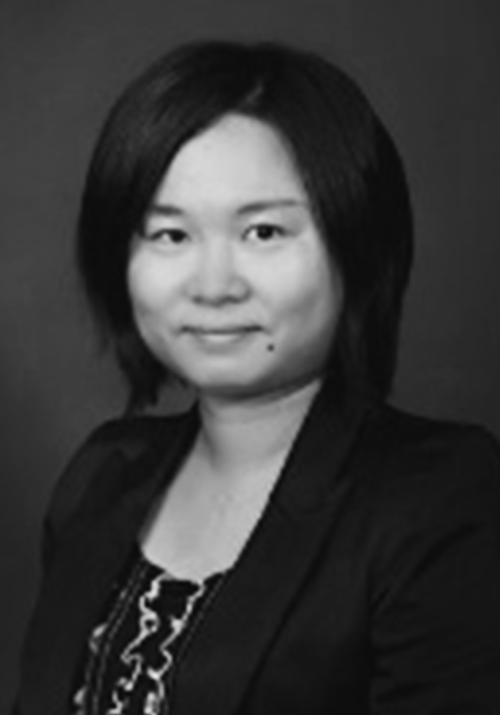Members
Director
Jeff M. Phillips
Professor, Kahlert School of Computing, University of Utah
He specializes in designing algorithms for data science. This includes work in geometric data analysis, data mining, scaling to big data, spatial statistics, databases, AI, and machine learning. His recent focus has been on understanding the geometry of language models, large-scale spatial statistics, approximations in kernel methods, and developing new streaming algorithms for core tasks in data analysis.
Associate Director of Research
El Kindi Rezig
Assistant Professor, Kahlert School of Computing, University of Utah
His research expertise lies in building data systems that target the main data engineering pain points in data science development. His focus areas include (1) discovering datasets from data lakes using novel interfaces that make it possible for non-expert users to express their queries; (2) data debugging where users seek to identify data-centric anomalies in large-scale pipelines; and (3) data cleaning where the goal is to help users repair data errors.
Associate Director of Communications
George Vega Yon
Research Assistant Professor, Division of Epidemiology, University of Utah School of Medicine
Adjunct Assistant Professor, Department of Population Health Sciences, University of Utah School of Medicine
George is a methodologist studying statistical computing and complex systems. He has over ten years of experience developing scientific software, including packages (and methods) on network visualization, statistical computing, parallel computing, and stochastic optimization. His current research topics include Agent-Based models, Mechanistic Machine Learning, Exponential-Family Random Graph Models, Gene Functional Annotation, and Graphical Models.
Core Members
Ziad Al-Halah
Assistant Professor, Kahlert School of Computing, University of Utah
Ziad’s research focuses on computer vision and AI, aiming to create adaptable and efficient systems that learn with minimal data, computational resources, and supervision. His work addresses the limitations of traditional AI by developing new methods for dynamic learning and transferable skills, enabling systems to adapt to new visual tasks and environments. Additionally, his work on multimodal learning combines various modalities, such as language and audio, with vision to improve the understanding of complex 3D scenes and enhance the robustness, interaction, and decision-making capabilities of AI systems in dynamic, real-world scenarios.
Aditya Bhaskara
Associate Professor, Kahlert School of Computing, University of Utah
His research interests include theoretical computer science, specifically the design and analysis of algorithms, approximation algorithms for optimization problems, spectral methods; and machine learning, such as complexity of learning, design of provably efficient learning algorithms, robustness in machine learning.
Daniel S. Brown
Assistant Professor, Kahlert School of Computing, Robotics Center, University of Utah
Daniel’s research focuses on human-AI alignment , human-in-the-loop machine learning, and human-robot interaction. His goal is to develop robots and other AI systems that can safely and efficiently interact with, learn from, teach, and empower human users. He is interested in applications in assistive and medical robotics and personal AI assistants.
Anna Fariha
Assistant Professor, Kahlert School of Computing, University of Utah
I am interested in solving various data-management problems targeted towards boosting usability, explainability, and trustworthiness of data systems. My current focus is on designing mechanisms for enhancing system usability and developing intelligent tools towards boosting productivity for a various group of users, ranging from end users to data scientists and developers. My research techniques involve invention of new algorithms and applying theory into practice.
Tucker Hermans
Associate Professor, Kahlert School of Computing, Robotics Center, University of Utah
Senior Research Scientist, NVIDIA
Tucker’s research focuses on learning, planning, and perception for autonomous robot manipulation. Tucker has broad expertise in using probabilistic techniques for learning and inference on physical systems. Tucker and his students have received several research awards, including a 2021 Sloan Fellowship and the CoRL 2019 Best Systems Paper Award.
Lajos Horvath
Professor, Department of Mathematics, University of Utah
His research interests are primarily in mathematical statistics, time series, functional data inference, and econometrics.
Marina Kogan
Assistant Professor, Kahlert School of Computing, University of Utah
Marina Kogan works at the intersection of data science and human-centered computing. She develops human-centered data science (HCDS) methods that in addition to their scalability account for the highly-contextual nature of social activity in online environments. As Kogan also works in the area of Crisis Informatics, context-sensitive methods are especially important to her safety-critical application domain. In 2022, she co-authored Human-Centered Data Science, an introductory textbook to for the emerging HCDS field. Kogan often employed the lens of complex adaptive systems to model and understand group behavior on online platforms. The complex systems perspective allows her to trace and model how individual behaviors “add up” to the collective social dynamics.
Alexander Lex
Scientific Computing and Imaging (SCI) Institute, University of Utah
Professor of Human Computer Interaction at the Institute of Human Centred Computing, Graz University of Technology
His research is on data visualization methods for domain experts. He design, build, and study interactive visual data analysis solutions that aid researchers in data driven fields, such as biology and medicine, in understanding and communicating complex data sets.
Anna Little
Assistant Professor, Department of Mathematics, University of Utah
Anna’s research focus is developing and analyzing novel methods for finding structure in noisy, high-dimensional data using tools from probability, random matrix theory, graph theory, linear algebra, harmonic analysis, and machine learning. Although she am a mathematician by training, she also pursues inter-disciplinary collaborations where she can utilize tools from machine learning in domain specific areas including RNA data analysis and cybersecurity.
Ana Marasović
Assistant Professor, Kahlert School of Computing, University of Utah
Her research interests broadly fall into NLP, human-centered AI, and intrepretability. The goal of her research is to develop and rigorously evaluate frontier AI models, such as large language models, to empower individuals and groups through effective AI-assisted decision-making, communication, and creativity. Her work is motivated by the idea that AI could complement people’s knowledge and skills, even among specialists like Go players or biophysicists, and that explainability techniques could help extract and communicate this knowledge in a human-understandable form. With her primary research community in NLP, she have focused largely on problems with unstructured textual data while also exploring visual and, more recently, audio data.
Kenneth Marino
Assistant Professor, Kahlert School of Computing, University of Utah
His research focuses on integrating multimodal language models into embodied agent problems, including computer use, games, and robotics. His research is in the intersection of computer vision, natural language processing, and reinforcement learning. Additionally, he works on the evaluation of AI agents, dataset creation, and incorporating semantic knowledge into end-to-end learning systems.
Chris Miles
Associate Professor, Department of Mathematics
Chris is a computational biologist and applied mathematician who develops methods to extract mechanistic insight from large-scale, noisy biological data. He bridges classical mathematical modeling with modern data-driven approaches, combining stochastic modeling, simulation-based inference, and “physics-informed” machine learning to uncover the molecular rules of cellular dynamics. Recent interests include inverse problems in single-cell and spatial transcriptomics, and learning stochastic dynamics from static data.
Bernardo Modenesi
Tenure-track Instructor, Division of Biostatistics, Department of Population Health Sciences, University of Utah
One-U Responsible AI (RAI) Affiliate
Adjunct Assistant Professor, Kahlert School of Computing, University of Utah
My research sits at the intersection of causal inference (CI)—particularly for observational studies—and machine learning (ML). I focus on (1) leveraging ML to capture complex, high-dimensional confounding so that causal effect estimation is feasible in realistic settings, and (2) importing causal concepts into ML to design methods that tackle pressing Responsible AI issues.
Akil Narayan
Professor, Department of Mathematics
Faculty, Scientific Computing and Imaging Institute
Associate Dean for Undergraduate and Graduate Studies, College of Science
Akil’s research focuses on computational algorithms for scientific computing. He investigates problems involving high-dimensional approximation, model reduction, uncertainty quantification, scientific machine learning, and numerical analysis for partial differential equations.
Braxton Osting
Professor, Department of Mathematics, University of Utah
He has broad interests in analytical and computational methods for problems in applied mathematics, especially in partial differential equations, optimization and control, graph theory, and machine learning.
Paul Rosen
Assistant Professor, Kahlert School of Computing, University of Utah
Scientific Computing and Imaging Institute
His research focuses on advancing the theory and practice of scientific and information visualization, with an emphasis on human-centered visualization design and topology-based methods for visual analysis. Recent work in human-centered design investigates how interaction, annotation, and visual encodings influence perception, interpretation, and trust in data. In addition, his research in topology develops algorithms and interactive systems to support uncertainty-aware analysis and enable scalable exploration of large datasets.
Ellis Scharfenaker
Associate Professor, Department of Economics, University of Utah
Ellis’ research is in the field of mathematical political economy and Bayesian methods of statistical inference. His research engages with mathematical modeling of complex systems, economic methodology, information theoretic statistics, statistical equilibrium, and the philosophy of science.
Daniel Scharfstein
Professor of Biostatistics, Department of Population Health Sciences, University of Utah School of Medicine
Daniel’s research is focused on how to draw inferences about treatment effects in the presence of selection bias. Specifically, He is interested in how to report results in randomized trials with informative missing or censored data and in observational studies with non-random treatment assignment.
Vivek Srikumar
Associate Professor, Kahlert School of Computing, University of Utah
Vivek is a researcher whose focus lies in the domains of Natural Language Processing and Machine Learning. His research focuses on solving and exploring problems that arise when engineers try to scale NLP solutions to large problems, and when they try to teach a computer to reason about textual data with limited explicit supervision. His work has been published in various AI, NLP and machine learning venues and has been recognized by paper awards from EMNLP and CoNLL. His work has been supported by awards from the NSF, the BSF, the NIH, and several companies. He obtained his Ph.D. from the University of Illinois at Urbana-Champaign in 2013 and was a post-doctoral scholar at Stanford University.
Guanhong Tao
Assistant Professor, Kahlert School of Computing, University of Utah
My research focuses on the security and safety of AI-enabled systems, aiming to empower system providers and individual users to counteract attacks. I am broadly interested in a range of topics in security and privacy relating to machine learning, including adversarial generative AI, security/privacy of LLM agents, and machine learning for security.
Raghav Venkatraman
Assistant Professor, Department of Mathematics, University of Utah
Raghav Venkatraman works in the calculus of variations and partial differential equations, with a keen eye for settings in which theorems meet applications. So far his work spans questions in materials science, photonics, and a little bit of statistics; he is always open to discussing mathematics and its applications to science.
Bao Wang
Assistant Professor, Department of Mathematics, University of Utah
Faculty, Scientific Computing and Imaging Institute
Bao Wang’s research focuses on establishing rigorous mathematical foundations for artificial intelligence, encompassing predictive and generative models. His contributions include the design of principled, efficient, and reliable algorithms for time-series and graph-structured data, as well as the development of advanced AI techniques to solve cutting-edge problems in computational chemistry and biophysics.
Bei Wang
Associate Professor, Kahlert School of Computing, University of Utah
Scientific Computing and Imaging (SCI) Institute, University of Utah
Her research expertise lies in the theoretical, algorithmic, and application aspects of data analysis and data visualization, with a focus on topological techniques. And her research interests include: topological data analysis, data visualization, computational topology, computational geometry, machine learning and data mining. Previously, she have worked on projects related to computational biology and bioinformatics, as well as robotics.
Shandian Zhe
Associate Professor, Kahlert School of Computing, University of Utah
His research interests mainly lie in probabilistic machine learning. That is, using probabilistic frameworks to formulate learning problems and to infer/estimate model parameters. His research include but are not limited to probabilistic graphical models, Bayesian nonparametric, approximate inference, Bayesian deep learning, sparse learning, large-scale machine learning and kernel methods. From application side, He have developed probabilistic methods for microarray data analysis, association study for Alzheimer’s disease, functional magnetic resonance imaging (fMRI) data analysis, and click-through-rate prediction for online advertising.
Affiliated Members
Joel R. Brownstein
Research Associate Professor, Physics And Astronomy, University of Utah
His research interests are primarily in dark matter, gravity, gravitational lens detection and modeling, and advanced tools for accessing, reducing and analyzing data. He is the PI for the Sloan Digital Science Survey (SDSS) science archive, centered at the U, responsible for the survey’s data processing and web applications.
Aurora Clark
Professor, Department of Chemistry
Professor Clark’s laboratory uses atomistic simulations (ab-initio and classical molecular dynamics) and data science to characterize the structure and reactivity of complex and chemically extreme solutions and their interfaces. Her work advances graph theory, topological data analyses, and machine learning to develop new models that link molecular-scale correlations and reactivity with micro- and mesoscale structure and dynamics.
Hilary Coon
Adjunct Professor, Biomedical Informatics, University of Utah
Adjunct Professor, Internal Medicine, University of Utah
Professor, Psychiatry, University of Utah
Suicide, Autism Spectrum Disorders, Statistical Genetics, Genetic Epidemiology, Child Psychiatry, Obesity, Pulmonary fibrosis, Nicotine Dependence
Kyle S. Dawson
Associate Professor, Physics And Astronomy, University of Utah
He studies the fundamental properties of the Universe through observational cosmology. He is the Principal Investigator for the extended Baryon Oscillation Spectroscopic Survey (eBOSS) at Apache Point Observatory. In eBOSS, they will place the most precise distance constraints to date in the 0.8<z<3.5 redshift range. He also help prepare the cosmology program for the Dark Energy Spectroscopic Instrument (DESI). DESI will begin in 2020 and will be 10X larger than any other spectroscopic program.
Edgar Javier Hernandez
Research Assistant Professor, Department of Biomedical Informatics, University of Utah
I am interested in developing novel computational tools and pipelines in the analysis of medical and genetic data. My main focus is to study human disease using bioinformatic methods to solve pressing needs in health care, such as personalized medicine. We use probabilistic graphical models (Bayesian Networks) and Machine Learning techniques to integrate clinical data with genetic data from high-throughput sequencing to generate probabilistic models to predict clinical outcomes.
John Horel
Professor, Department of Atmospheric Sciences, University of Utah
His research is centered on the observation and analysis of weather and climate processes in mountainous regions. His current research activities include further development of MesoWest and SynopticLabs (see http://mesowest.utah.edu, https://synopticlabs.org), which provide access to surface weather observations for operational, research, and educational applications. They also provide a foundation from which to conduct research to improve numerical models and data assimilation techniques over complex terrain and evaluate the cost effectiveness of surface observing networks. He also am involved in research and development related to fire weather applications, the Great Salt Lake, and air quality along the Wasatch Front and in the Uintah Basin.
Zac Imel
Associate Professor, Educational Psychology, University of Utah
Adjunct Associate Professor, Psychiatry, University of Utah
He is an Assistant Professor with the Counseling Psychology Program in the Department of Educational Psychology and Adjunct Assistant Professor in the Department of Psychiatry at the University of Utah. His primary interests involve research, teaching, and service related to the promotion and understanding of quality mental health treatment. Specific programs of research include methods for identifying and understanding the behaviors of effective (and less effective) therapists, the utilization of mental health services, emerging linguistic techniques for modeling psychotherapy process, and meta-analysis of treatment outcome studies.
Sarang Joshi
Professor, Biomedical Engineering, University of Utah
Faculty Member, Scientific Computing and Imaging (SCI) Institute, University of Utah
Sarang’s research interests are in the emerging field of Computational Anatomy and have recently focused on its application to Radiation Oncology. Most recently he spent a year on sabbatical at DKFZ (German Cancer Research Center) in Heidelberg, Germany, as a visiting scientist in the Department of Medical Physics where he focused on developing four dimensional radiation therapy approaches for improved treatment of Prostate and Lung Cancer.
Xiaoyue Liu
Professional Engineer, State of Utah
Associate Professor, Civil And Environmental Engin, University of Utah
She has conducted extensive research in sustainable transportation system with a focus on shared mobility, public transit, managed lanes, large-scale transportation modeling and simulation, GIS-based infrastructure asset management, network complexity of social sciences, and Intelligent Transportation Systems (ITS).
Elliot H Smith
Assistant Professor, Neurosurgery Department, University of Utah
My research focuses on representation and computation in ensembles of human brain cells. The basic motivating question is “what are the neural computations that underlie archetypically human cognitive processes and how are they altered in neurological or psychiatric disorders?” The cognitive processes I am most interested in are value-based choices, rapid flexible cognitive control, and social cognition. In order to understand these processes underlying human cognition, we record from the brains of neurosurgical patients who are undergoing monitoring in order to diagnose and treat neurological disorders such as Epilepsy and Parkinson’s Disease. In the process, we generate some of the largest datasets in neuroscience.
Taylor D. Sparks
Associate Professor and Associate Chair, Department of Materials Science and Engineering, University of Utah
Director, Materials Characterization Laboratory, University of Utah
Their research group focuses primarily on the discovery, synthesis, and characterization of new materials for energy applications such as batteries, thermoelectrics and others. They rely on big data and materials informatics as we explore new synthetic techniques, structure-property relationships, and sustainable materials that balance performance with economic factors such as cost, abundance, and availability.
James Sutherland
Professor, Chemical Engineering, University of Utah
Associate Chair, Chemical Engineering
His research interests are at the confluence of numerical analysis, engineering, and computer science, with emphasis on large-scale simulation of turbulent reacting flows and in developing algorithms and software to deploy these simulations on massively parallel computers. This includes development of domain-specific languages for solution of large systems of partial differential equations and constructing reduced-order modeling for complex reacting flows where lower-dimensional manifolds exist.
Tolga Tasdizen
Professor, Electrical and Computer Engineering, University of Utah
Faculty Member, Scientific Computing and Imaging Institute, University of Utah
Adjunct Professor, Computer Science, University of Utah
Research Summary:
Image processing and pattern recognition, specifically: geometry-based and statistics-based methods for image filtering, segmentation and feature extraction using high-order partial differential equations for image and surface reconstruction. Applying these methods to problems in biomedical imaging, particularly neural circuit reconstruction from very large-scale microscopy image datasets.
Organization and By-Laws
The UCDS is led by a director, with the assistance of associate directors and the other core members. The Associate Director of Research organizes research-focused events like the Data Science Seminar. The Associate Director of Outreach builds relations with other researchers around campus, including through the annual Data Science Day. And the Associate Director of Student Involvement leads efforts to engage students in data science, including as liason to associated student groups. The Affiliated members represents the centers connections around campus into the many disciplines where data science reaches.

